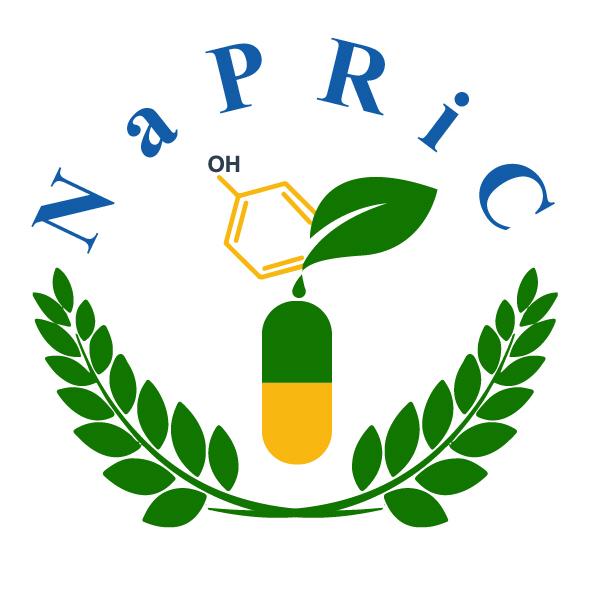National Guidelines for use of animals in research and teaching.
Uganda promotes Science and Technology as one of the pillars for socio-economic development and transformation. This is achieved through a number of government agencies and ministries that include Uganda National Council of Science and Technology (UNCST), an agency of the Ministry of Science, Technology and Innovation (MoSTI). UNCST is mandated to facilitate and coordinate the development and implementation of policies and strategies for integrating Science and Technology into the National Development Process as stipulated in articles 4 (d) and 5 (d, e) of the UNCST Act 1990 (Cap 209). These articles specify UNCST’s responsibilities to provide oversight for Research and Development (R&D), through a regulatory framework to promote a conducive environment for growth in research. In pursuit of this role, UNCST has developed and implemented several guidelines to promote ethical conduct of research. The National Guidelines for Use of Animals in Research and Teaching have been developed through extensive review of other existing national and international laws and guidelines such as the Animal (Prevention of Cruelty) Act 1957,the Council for International Organization for Medical Sciences (CIOMS), the International Council for Animal Laboratory Science (ICLAS), Guide for the Care and Use of Laboratory Animals, Terrestrial Animal Health Code 2018 and Aquatic Animal Health Code 2018. The guidelines set forth a framework for which scientists, Institutional Animal Care and Use Committees (IACUCs), facility managers, sponsors and funders, teaching institutions and animal care staff shall consider while planning to use animals in research and teaching in order to maintain the health and welfare of animals.

